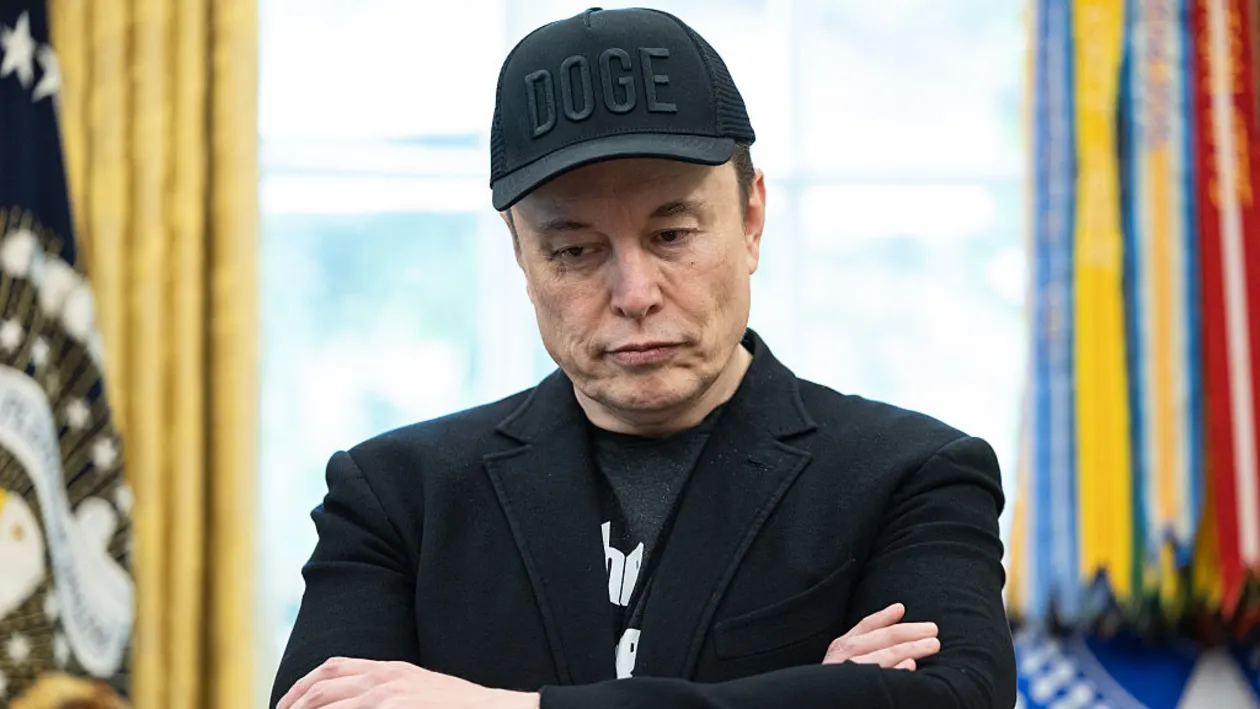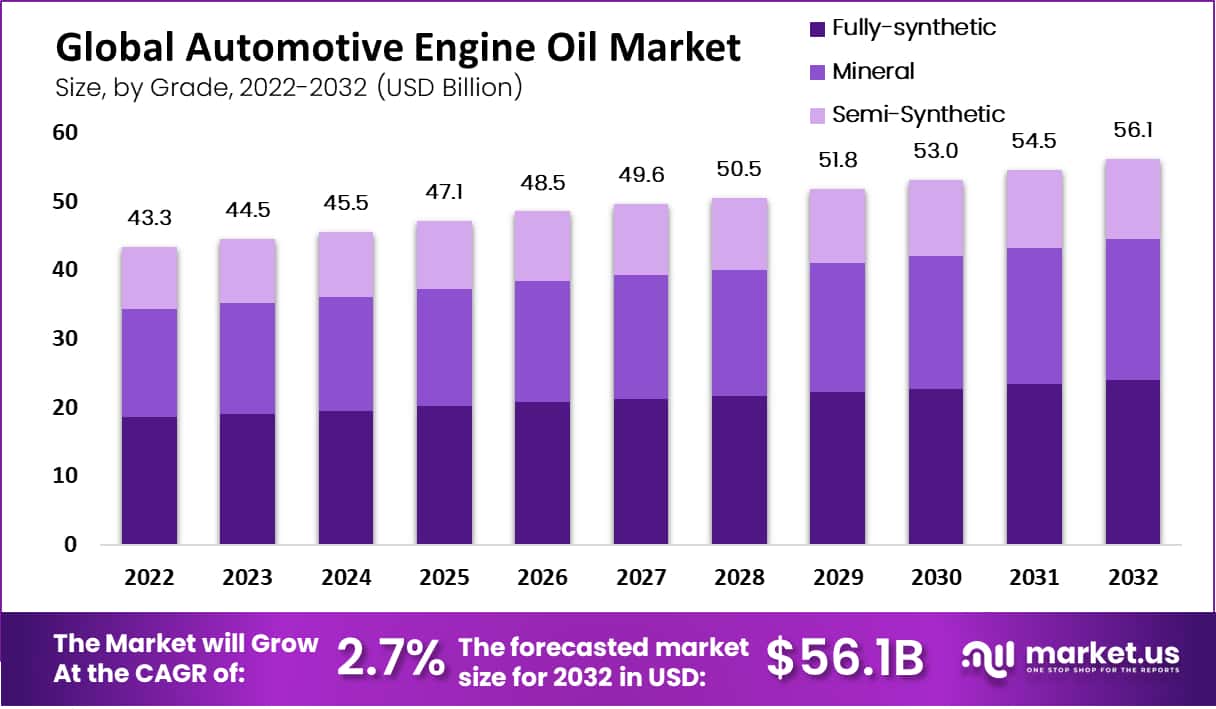Washington, June 12, 2025 — A new Quinnipiac University poll conducted from June 5–9 shows that Elon Musk’s favorability among Republican voters has declined sharply—dropping 16 percentage points, from 78% in March to 62%, reflecting a potentially critical shift in the billionaire CEO’s political capital.
The Numbers in Focus
- Favorability among Republicans: Plummeted from 78% in March to 62% in early June.
- Overall favorability: Stands at only 30% among all registered voters—an image problem that transcends party lines.
While Musk continues to enjoy overall support within GOP ranks, the steep decline highlights growing unease among his once-enthusiastic base.
Context: Why the Drop?
- Public Rift with Trump
The decline coincided with Musk’s public distancing from Trump—amplified by Discord’s turbulent moderation, Step Change backlash, and other high-profile missteps. This “split” has clearly alienated a segment of Trump-aligned voters. - Policy and Platform Controversies
Promises of sweeping moderation and AI-powered content control (e.g., “Covfefe engine”) have drawn criticism. Republican supporters expected a stronger anti-“woke” stance and clearer direction—elements they now feel Musk may be compromising on. - Wealth Disillusionment
Despite backing causes like free speech and conservative media, Musk’s unabashed wealth—stocking air-conditioned doghouses and announcing Tesla price hikes—has rubbed some the wrong way amid broader economic anxieties.
What Analysts Say
- Lora Kolodny (CNBC): “Musk’s individual ‘favorability’ dropped double digits among GOP voters from March to June.”
- First Squawk on X: “Elon Musk’s favorability among Republicans fell 16 points since March.”
These remarks reinforce the view that Musk’s shift in messaging and associations is costing him hardline support.
Broader Political Implications
1. Moderation of Conservative Trust
Republican voters have historically gravitated toward Musk’s vision for free speech. The cooling support suggests Musk’s platform policies are alienating core conservatives, highlighting difficulties in balancing content moderation with ideological consistency.
2. Impact on Future Ambitions
Musk’s political ambitions—expressed interest in running for office or backing candidates—may suffer. A noticeable dip in GOP favorability could dampen potential electoral plans or diminish his influence as a conservative kingmaker.
3. Corporate Strategies and Messaging Risks
Other CEOs watching Musk’s performance may temper political alignment efforts. The backlash demonstrates how public sentiment can shift fast, especially when tied to politically charged platforms and high-stakes policies.
Broader Poll Landscape
The same Quinnipiac survey reveals:
- Trump’s approval: 38% (down 3 points since April), with only 43% supporting his handling of immigration.
- Economic sentiment: Just 40% approval for Trump’s economic policies, while 54% disapprove.
- Views on Democrats: 70% disapprove of congressional Democrats’ performance—compared with 58% disapproving of Republicans.
These figures suggest voters remain cautious—critical of both political extremes, while evaluating high-profile personalities more skeptically.
Risks Ahead for Musk
- Platform Viability
With conservative users showing signs of defection, Musk’s social platforms may face declining engagement from their core audience—adversely affecting ad revenue and partnerships. - Reputational Fallout
In today’s spotlight-savvy environment, a public decrease in favorability can trigger negative narrative cycles. Opponents may now use that data to question Musk’s alignment with Republican and populist causes. - Policy Recalibration Necessary
To regain ground, Musk may need a sharper, clearer ideological vision—or face a slice of core supporters defecting to more niche conservative platforms—threatening both influence and bottom-line metrics.
Strategic Takeaways
- Messaging Matters: Even icons like Musk must maintain consistency on key constituencies; perception matters.
- No Immune Figures: High net worth and tech influence no longer shields leaders from political backlash—especially if seen as inauthentic.
- Digital Echo Chambers: Platforms that transcend ideological bars must be vigilant—not alienate key users through policy U-turns or leadership ambiguity.
Final Take
Elon Musk’s 16-point drop in favorability among Republicans is a clear marker: even the ultra-influential must navigate political fault lines carefully. His split from Trump, platform shifts, and unpredictability have cost him credibility within his once strongest cohort.
As Musk navigates AI regulation, platform strategy, and political positioning ahead, the recent dip is a wake-up call—reminding multimillionaires that influence and allegiance are fragile, especially amid populist tides and partisan realignments.




